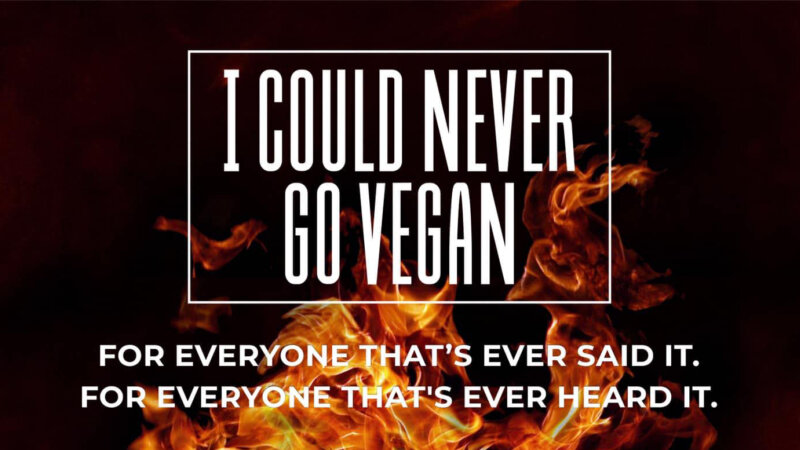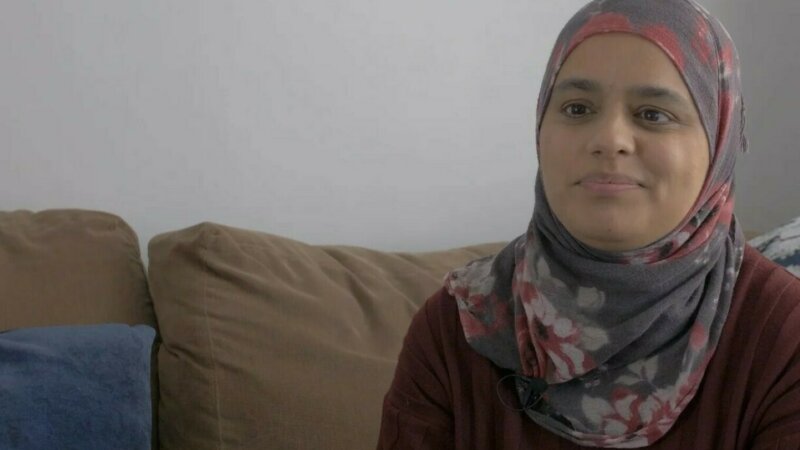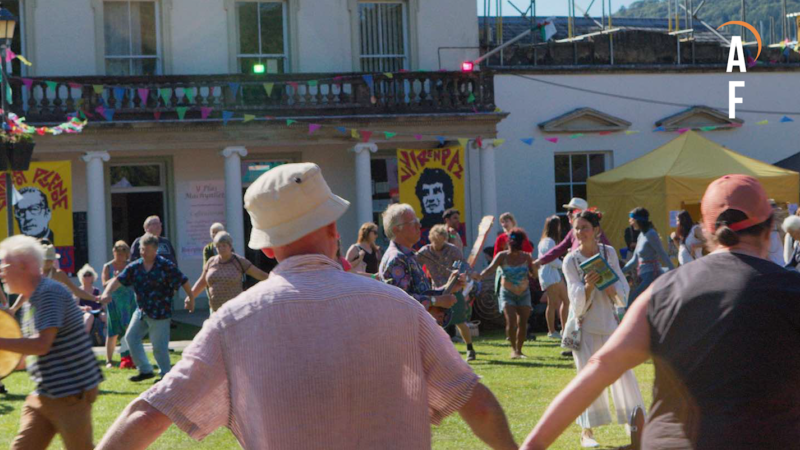Filmreel
Get your docs out for the lads.
Amongst the testosterone-fuelled anarchy of the likes of Werner Herzog and William S. Burroughs, a small proportion of Doc/Fest's programme offered glimmers of hope for those seeking unique female voices. The star of the festival, Joan Rivers, made a countless number of irreverent appearances in various press conferences and Q&As, all in aid of her autobiographical doc, Joan Rivers: A Piece of Work. Filmmakers Ricki Stern and Annie Sundberg were given year-long access to Rivers' life as she toured around the US, playing all number of comedy shows in an attempt to revive her ever-sagging career. Like a blended concoction of plastic, witticisms and Judaism, the carefully crafted Rivers finds it difficult to gain the recognition she deserves, despite being one of the most ground-breaking comedians in her lifetime. The film is unashamedly candid and Ms. Rivers never shies away from content that others would be too timid to divulge. In a tragic sequence, we see Joan and her equally outspoken daughter Melissa relive the aftermath of their husband/father's suicide by way of starring in a cathartic Hollywood movie. It is this honesty which has formed the basis for Joan Rivers' career as a comedienne, and is what really permeates the surface of an entertaining film.
This side of the pond and about as far removed from the glamour of Broadway as is possible, Channel 4 has been commissioning short docs under the banner 'First Cuts' in order to help young female filmmakers get their voices heard. The highlight of these is Ruth Kelly's Girls on the Pull, featuring victims of a relatively ignored and misunderstood disorder Trichotillomania or TTM, an impulse-driven illness that drives women to violently pull out their hair. Despite the crassness of the title, the film deals with its subject in a dignified and empowering way, following a salon owner called Lucinda as she supports three girls in their struggle to overcome the affliction.
For those seeking something more pseudo-philosophical, Sophie Fiennes (sister of Ralph) travels to the south of France to meet visionary installation artist Anselm Kiefer in a contemplative fusion of cinema and sculpture, Over Your Cities Grass Will Grow. Kiefer's sometimes pretentious outlook on life is contrasted with some beautifully slow sequences in which gigantic installations are constructed from salvageable raw materials such as glass, concrete and molten lead. Fiennes is a director who enjoys channelling the voice of artists through her reflective cinematic eye, and it is the meditative parts in which she shows Kiefer brutally at work that are the film's greatest success.
One issue that never fails to fire up opinions is abortion, and never has this controversy been so heated as it is today in the United States. Evangelical Christian movements are rife and growing in number, as the mid-West becomes increasingly disillusioned due to the demise of the 'American Dream'. Faith seems of paramount importance to those desperate for meaning in their life at the expense of rationality and honesty, and these conflicts are hauntingly encapsulated in the refreshingly stoic 12th & Delaware. On the corner of an inconsequential street in Fort Piece, Florida, pro-life and pro-choice clinics sit opposite each other. Christian protesters flock the street outside the latter wielding placards depicting mangled, bloody foetuses and screaming, misguided medical falsities at shameful mothers-to-be. The real tragedy is the way in which the pro-life clinic treats the girls as walking incubators rather than women with the capacity for independent thought and contemplative choice. To use a quote from one of the directors, these women are "pawns in an ideological war with no end in sight". Only one choice seems right for those who cannot realistically bring up a child and that choice sadly fails to correspond with the beliefs of the Christian church. Rarely does a film take such a removed look at an issue so contentious and the amount of access directors Rachel Grady and Heidi Ewing (of Jesus Camp fame) get should be lauded in itself. All in all, chilling stuff.
To close the festival, the Special Jury Award-winning Pink Saris couldn't have done a better job. It takes pride of place in a series of films by director Kim Longinotto that highlight the lives of exceptional women. The film documents the life of Sampat Pal, a woman disregarded as 'untouchable' by the Hindu caste system only to become a champion for women's rights in Uttar Pradesh, India. Sampat spends her days furiously running around rural India in an attempt to emancipate the women of surrounding villages. With the aid of the police force, who seem to be scared into submission, she arrests husbands and families who have been abusive to their wives and daughters. "No Gods are greater than woman" is one of the many mantras she shouts enthusiastically at all those who fail to accept the decline of traditional misogynist values. It is to Longinotto's credit that Sampat is never portrayed as anything but human, as the film dispels the messianic reputation that others and even Sampat herself suggests. )





